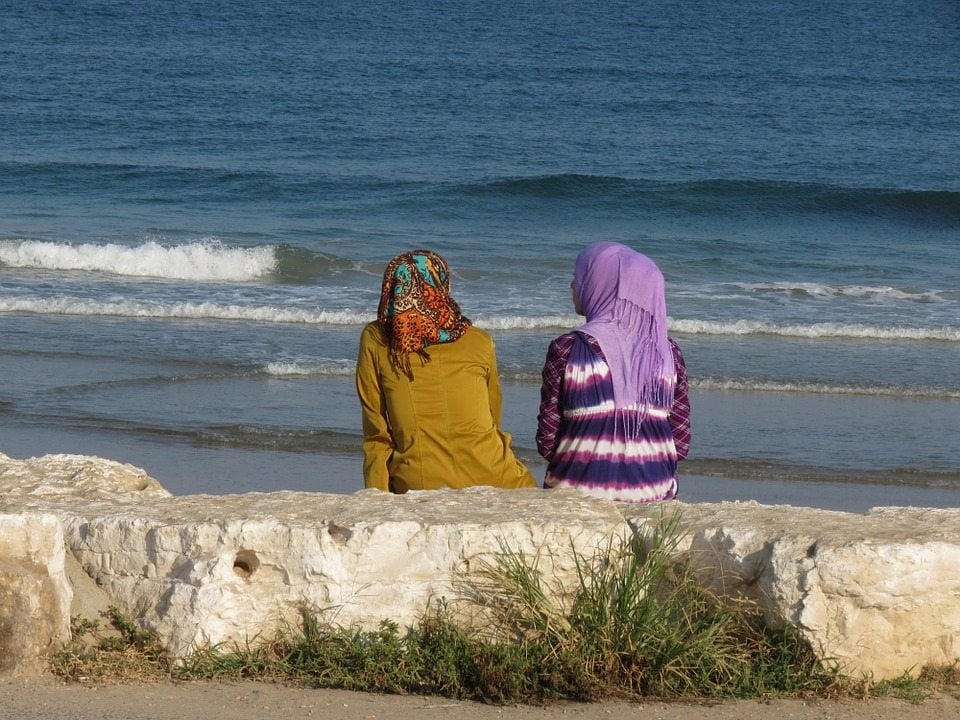How Do I Marry Someone My Parents May Not Approve Of?
Answered by Shaykh Jamir Meah
Question: Assalamu alaykum
My parents are seeking a boy for me to marry. But there’s this one boy I really like. I wish to marry him. He does the same but we know it can’t happen since my family will call it a love marriage if I give them his suggestion and wouldn’t be very pleased if I came forward on my own.
What can I do?
Answer: Wa’alaykum assalam. Thank you for writing in. I pray you are in this finds you in the best of states.
Though sometimes we feel very strongly that we need something in our lives that will bring us happiness and that nothing else will compare, we must nevertheless remember that everything in life, including marital spouses, are provisions that have already been allotted to us. Whatever will be will be and whatever was not meant to be will not be.
However, Allah Most High has told us to ask Him for what we want, as ultimately, all matters return to Allah. This is why the Prophet ﷺ said, ‘If you ask, then ask Allah, and if you seek help, then seek help from Allah.’ [Arba’in al Nawawi].
When we want something, there are three basic steps we must take:
1. We should supplicate to Allah for that which is best for us in this life and the next
2. Take the means to get what we want
3. Be grateful and patient whatever the outcome
Supplication to Allah
The Prophet ﷺ said, ‘Du’a is a weapon of a Muslim, a pillar of religion, and the light of the skies and earth.’ [al Hakim]
Du’a is the most powerful tool we have to fulfil our needs, and we should not get tired of making du’a, even if it seems that God has not answered our supplications, for the Prophet ﷺ also said,
‘There is no Muslim who makes a supplication, in which there is neither sin nor severing ties of kinship, save that Allah will grant because of it one of three things, either He will grant him a prompt response, or accumulate it for him in the Hereafter, or avert from him an equivalent harm.’ [Musnad Ahmad]
We mentioned that du’a is a weapon of the believer, and like all weapons, the person utilising it must train themselves to use the weapon to full potential, for even the best weapon can miss the target if the person using it isn’t trained
The training of the believer then, is that they should strive to refrain from sins, perform obligations, and fulfil other’s rights due to Allah and others. This includes avoiding close friendships with others which are not permitted in Islam. In this way, the du’a will be more potent and more readily acceptable.
Taking the Means
While continuing to make du’a, if you cannot speak to your parents directly about the situation, then perhaps consider these options:
1. Get him to ask his parents to approach you parents about the marriage. They don’t need to mention that you have been friends, but can just say he saw you and enquired about you.
2. Get an understanding elder, teacher or similar person to approach your parents and suggest the possibility of marriage.
3. Get the young man himself, preferably with an elder accompanying him, to approach your father directly, and ask for your hand in marriage.
You should also pray Salat al Hajar for your needs, the details of which can be found here.
Leaving outcomes to Allah
In the end, we have to leave the results to Allah. Insha’Allah if it was meant to be it will happen. However, if in the end Allah has not willed for you to be together, then do not be broken-hearted, nor argue with your parents, for everything Allah does is with perfect wisdom, as Allah says, ‘But perhaps you hate a thing and it is good for you, and perhaps you love a thing and it is bad for you. And Allah Knows, while you know not.’ [2:216]
You may also find the following answer helpful:
What to Do When My Parents Reject My Choice of Spouse Because of Cultural Reasons?
May Allah grant you ease in all your affairs. I wish you all the best and every happiness.
Warmest salams,
[Shaykh] Jamir Meah
Shaykh Jamir Meah grew up in Hampstead, London. In 2007, he traveled to Tarim, Yemen, where he spent nine years studying the Islamic sciences on a one-to-one basis under the foremost scholars of the Ribaat, Tarim, with a main specialization and focus on Shafi’i fiqh. In early 2016, he moved to Amman, Jordan, where he continues advanced studies in a range of Islamic sciences, as well as teaching. Jamir is a qualified homeopath.
